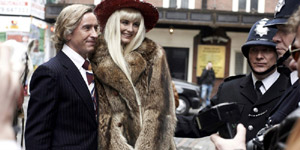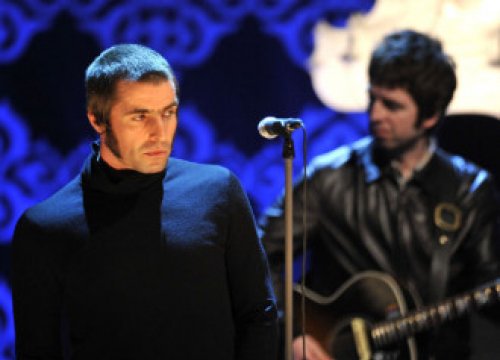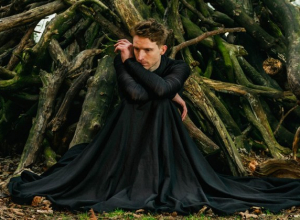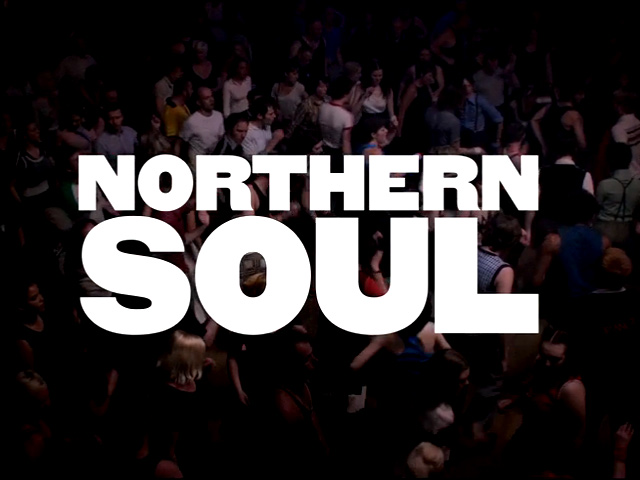Northern Soul Review
A drama set around a cultural movement in 1970s Britain, this film captures the period beautifully, but its story is so underdeveloped that it leaves the fresh young cast without proper characters or relationships to play. The depiction of teens in need of their own sense of belonging is strong, but without a story to connect with, the film leaves its audience struggling to maintain interest.

It's 1974 in Lancashire, and teenager John (Elliot James Langridge) is an outcast at school in search of some friends. Then the lively Matt (Josh Whitehouse) introduces him to Northern Soul, underground American R&B that's circulated on bootleg records. So he drops out of school, disappointing his favourite teacher (Steve Coogan) and his parents (Christian McKay and Lisa Stansfield). As he digs deeper into the movement, John makes some new friends (including Antonia Thomas and Jack Gordon) and takes on the star DJ Ray (James Lance) by scrounging for never-heard recordings. But along with learning a new way to dance, John is also introduced to the drug scene, which basically scuppers his and Matt's plan to save cash for a trip to America. And it's Ray who understands that John's only hope of success as a DJ is to ditch Matt.
The best part of this film is this friendship between John and Matt, which was sparked by a shared interest in soul music and then was strained by the scene itself. Writer-director Elaine Constantine vividly captures this world, including the teen sense of hopefulness and independence. But she seems far more interested in depicting the period and the music than in keeping a focus on the characters and their friendships. People drift in and out of the story, relationships refuse to develop into anything meaningful, subplots come and go at random, the romance is barely hinted at and the drug-addiction strand starts to get preachy.
Continue reading: Northern Soul Review










![Luke De-Sciscio talks to us about having the courage to be yourself, forgiving that which is outside of one's control and following whims [EXCLUSIVE] Luke De-Sciscio talks to us about having the courage to be yourself, forgiving that which is outside of one's control and following whims [EXCLUSIVE]](https://images.contactmusic.com/images/home/homepage/luke-de-sciscio-abof-a.jpg)



